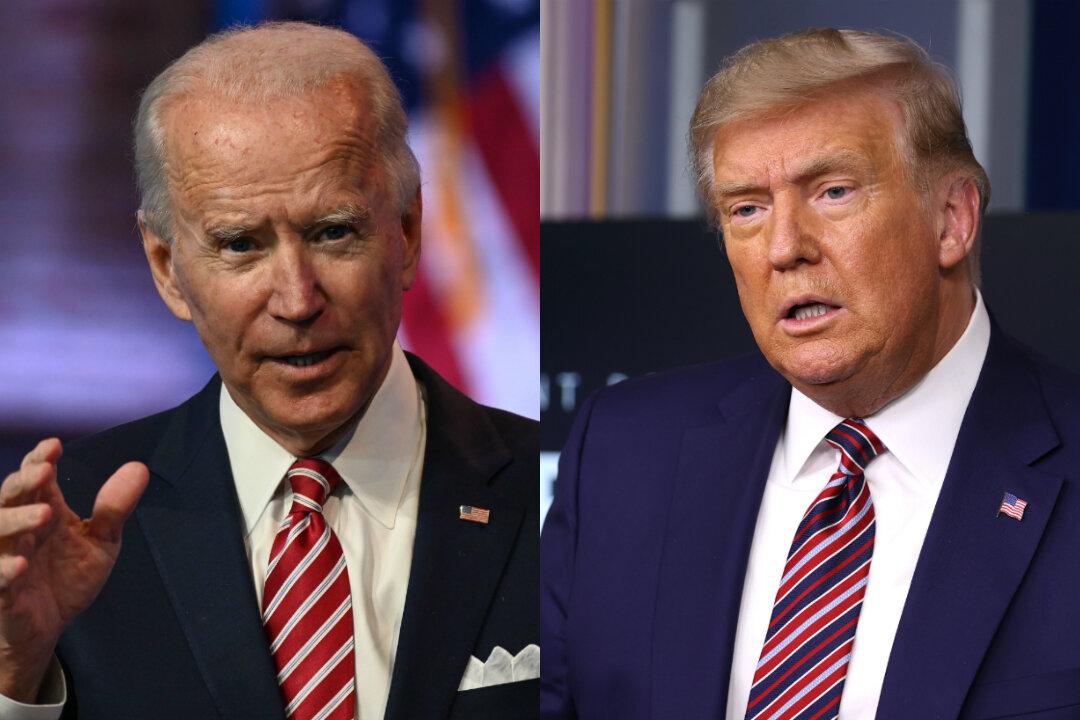Pennsylvania Attorney General Josh Shapiro, in a brief filed with the U.S. Supreme Court, denounced a Texas lawsuit against the state’s procedures during the Nov. 3 election. The attorneys general for Wisconsin, Georgia, and Michigan have issued similar court filings.
Shapiro wrote that Texas Attorney General Ken Paxton’s lawsuit—which disputes the elections in Michigan, Georgia, Pennsylvania, and Wisconsin—is merely an attempt “at disenfranchising large swaths of voters and undermining the legitimacy of the election.”





